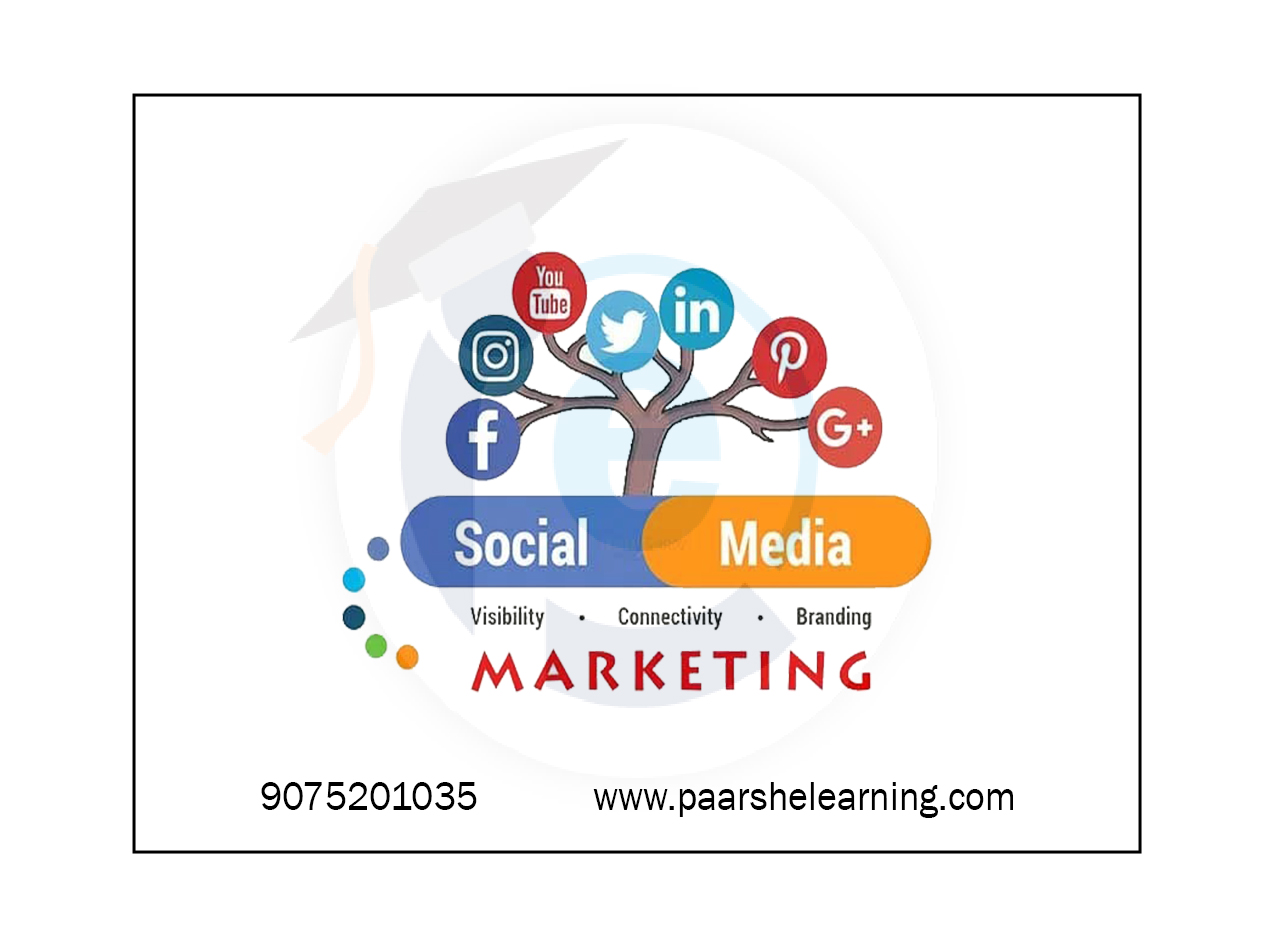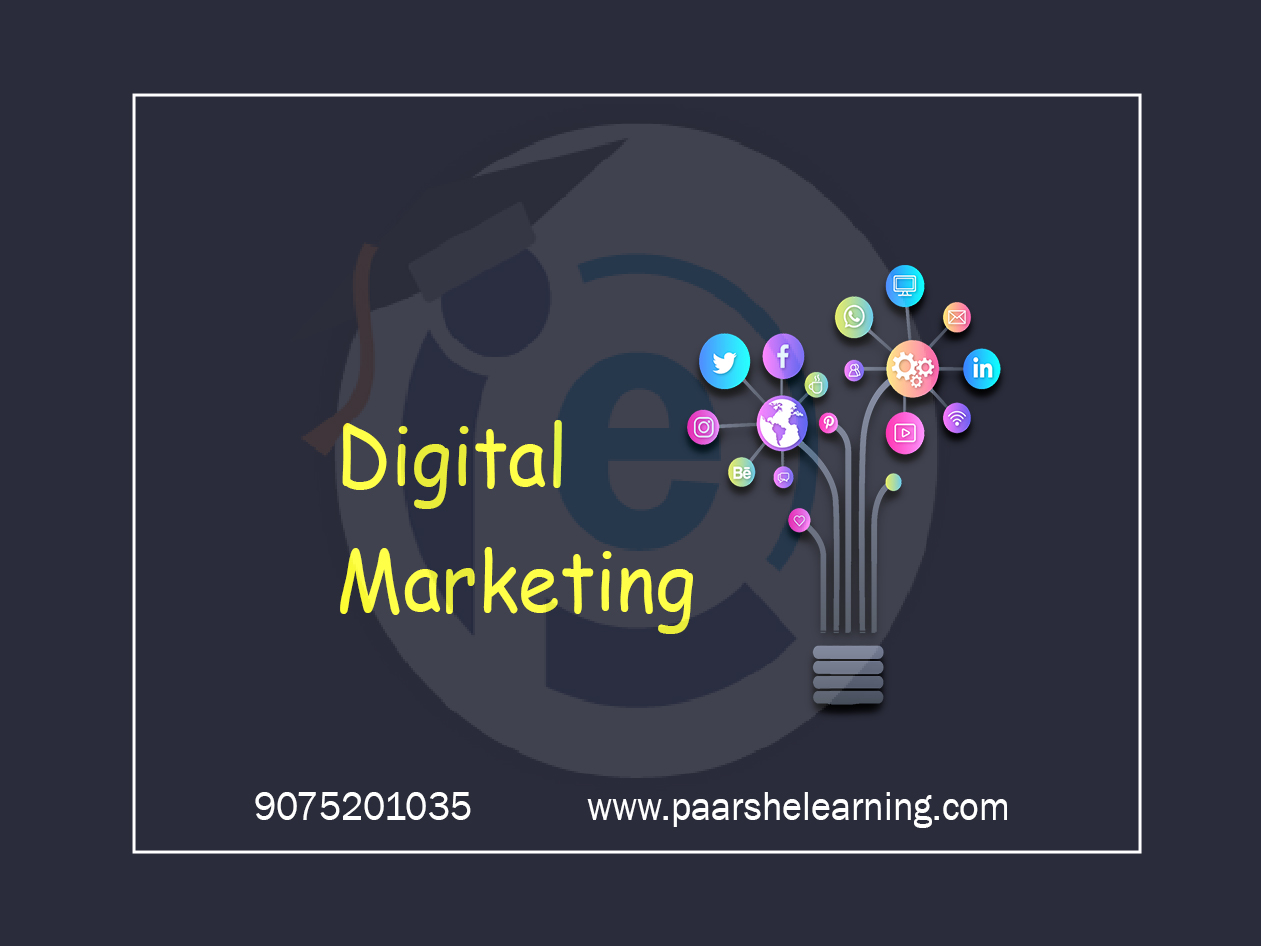- Understanding search engines: You'll learn how search engines work, how they crawl and index web pages, and how they rank websites in search results.
- Keyword research: You'll learn how to conduct keyword research to identify relevant keywords and phrases that users search for, and how to use them strategically in website optimization.
- On-page SEO: You'll learn about optimizing on-page elements such as title tags, meta descriptions, headings, URL structure, and content to improve a website's relevance and visibility on search engine results pages (SERPs).
- Off-page SEO: You'll learn about off-page SEO techniques such as link building, social media, online reputation management, and local SEO to improve a website's authority, credibility, and online presence.
- Technical SEO: You'll learn about technical aspects of SEO, including website architecture, crawlability, indexing, site speed, mobile optimization, and schema markup, to improve a website's technical performance and search engine visibility.
- Content optimization: You'll learn how to create and optimize content for SEO, including techniques for keyword usage, content structure, formatting, and user engagement.
- SEO analytics: You'll learn how to measure and analyze SEO performance using tools like Google Analytics, interpret data, and make data-driven decisions to optimize SEO efforts.
- SEO strategies: You'll learn how to develop and implement effective SEO strategies, including content marketing, user experience optimization, and website optimization techniques, to improve a website's search engine ranking and organic traffic.
- SEO trends and updates: You'll stay updated with the latest trends, algorithm updates, and best practices in SEO, and learn how to adapt SEO strategies accordingly.
- Hands-on exercises: Many SEO courses include practical exercises, case studies, and group projects to provide hands-on experience and help you apply your knowledge in real-world scenarios.
SEO (Search Engine Optimization)
Course description
SEO (Search Engine Optimization) is the practice of optimizing a website or web content to improve its visibility and ranking on search engine results pages (SERPs). A course in SEO typically covers various techniques, strategies, and best practices for optimizing websites for search engines. Here are some common topics that may be covered in an SEO course:
-
Introduction to SEO: Understanding the basics of SEO, including how search engines work, the importance of SEO in digital marketing, and the different types of SEO (such as on-page SEO, off-page SEO, and technical SEO).
-
Keyword research: Conduct keyword research to identify the keywords and phrases that are relevant to a website's content and target audience, and use them strategically in website optimization.
-
On-page SEO: Optimizing on-page elements of a website, such as title tags, meta descriptions, headings, URL structure, and content optimization to improve its relevancy and search engine visibility.
-
Off-page SEO: Understanding off-page SEO techniques, such as link building, social media, online reputation management, and local SEO, to improve a website's authority, credibility, and online presence.
-
Technical SEO: Understanding technical aspects of SEO, such as website architecture, crawlability, indexing, site speed, mobile optimization, and schema markup, to improve a website's technical performance and search engine visibility.
-
SEO tools: Familiarizing with various SEO tools and software used for keyword research, competitor analysis, website auditing, and performance tracking, and using them effectively in SEO campaigns.
-
SEO strategies: Developing and implementing effective SEO strategies, such as content marketing, user experience optimization, and website optimization techniques, to improve a website's search engine ranking and organic traffic.
-
SEO analytics: Measuring and analyzing SEO performance using tools like Google Analytics, understanding key SEO metrics, and interpreting data to make data-driven decisions and optimize SEO efforts.
-
SEO trends and updates: Staying updated with the latest trends, algorithm updates, and best practices in SEO, and adapting SEO strategies accordingly.
An SEO course may also include practical exercises, case studies, and group projects to provide hands-on experience and help students apply their knowledge in real-world scenarios.
What you will learn from this course?
This course includes!
- Daily Live session
- Access on Mobile and TV
- Certificate of completion
- Recommendation Letter
- Free lifetime access
- Resume building sessions
- 100% Job Placement
This course is for
- Digital marketers: SEO is a critical component of digital marketing, and digital marketers who want to expand their skill set and improve their website's search engine ranking can benefit from an SEO course.
- Website owners and administrators: If you own a website or are responsible for managing a website, learning SEO can help you optimize your website's performance on search engines and attract more organic traffic.
- Content creators and writers: SEO techniques can be applied to optimize content for search engines, and content creators and writers who want to improve their content's visibility on search engines can benefit from an SEO course.
- Web developers and designers: Understanding SEO principles can help web developers and designers create websites that are optimized for search engines from a technical perspective, leading to better search engine rankings.
- Small business owners: Small business owners who want to increase their website's visibility on search engines and attract more organic traffic can benefit from an SEO course to learn how to optimize their website for search engines.
- Marketing professionals: SEO is an important aspect of overall marketing strategy, and marketing professionals who want to gain expertise in SEO can benefit from an SEO course to enhance their marketing skills.
- Anyone interested in digital marketing: If you have a general interest in digital marketing and want to learn more about SEO, an SEO course can be a great starting point to gain foundational knowledge and skills.
Prerequisites for this course
- Entrepreneurs, bloggers and website owners who want to grow through SEO
- People learning WordPress SEO or Shopify SEO
- SEO freelancers
- People who want to learn the latest Google trends
Seo (search Engine Optimization) Syllabus
-
Introduction To Seo
Understanding the importance of SEO in digital marketing Overview of search engines and how they work Differentiating between organic and paid search results Setting SEO goals and objectives
-
Keyword Research And Analysis
Importance of keywords in SEO Conducting keyword research using tools like Google Keyword Planner Analyzing keyword competition and search volume Selecting relevant keywords for your website or content
-
On-page Seo Optimization
Optimizing meta titles, descriptions, and headings Crafting SEO-friendly URLs and permalinks Using keyword optimization techniques in content Implementing internal linking and site structure
-
Technical Seo
Understanding the role of technical aspects in SEO Optimizing website speed and performance Implementing mobile responsiveness and mobile-first indexing Utilizing XML sitemaps and robots.txt
-
Off-page Seo Strategies
Introduction to off-page SEO and link building Creating high-quality backlinks from authoritative sources Utilizing social media for SEO benefits Avoiding black hat SEO techniques and penalties
-
Local Seo And Google My Business
Importance of local SEO for businesses Optimizing Google My Business (GMB) profiles Managing online reviews and ratings Implementing schema markup for local businesses
-
Seo Analytics And Reporting
Introduction to SEO analytics tools (e.g., Google Analytics, Search Console) Tracking website traffic, user behavior, and conversion rates Measuring key SEO metrics: organic traffic, bounce rate, click-through rate Creating comprehensive SEO reports for clients or stakeholders
-
Advanced Seo Strategies And Trends
Understanding advanced SEO techniques like structured data Exploring voice search and mobile optimization Keeping up with algorithm updates (e.g., Google's Core Web Vitals) Building a holistic SEO strategy for long-term success
-
Paarsh E-Learning encourages hands-on practice, assignments, and projects throughout the course to reinforce students' understanding of SEO concepts. Assign projects that involve conducting keyword research, optimizing website elements, and analyzing SEO performance. Cover both theoretical concepts and practical applications to provide a well-rounded learning experience.


